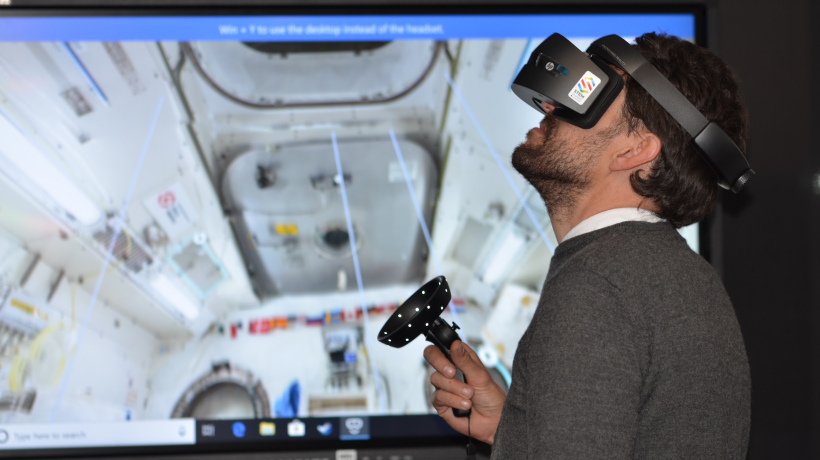
The Metaverse is a big sea where every technology can have its place, most of all the artificial intelligence. For understanding the importance of this market let's underline four key aspects of the Metaverse: the virtual economy, urban planning and architecture, artificial intelligence, and gamification.
The metaverse economy offers the potential of a wide range of revenue streams, with some estimates predicting it could become an 800 billion dollar market and that it could contribute $3 trillion dollars to the global economy in the next decade. It’s not all games and metaverse. The vast world of virtual reality can also offer companies opportunities to find solutions online to apply to the real world, such as simulators, but let's also think about the cryptocurrencies that existed before the metaverse exploded.
2024 began with good news for cryptocurrency enthusiasts and investors: Bitcoin surpassed $45,000 in the second day of the new year. That has been the first time since April 2022, marking a recovery after a period of volatility and uncertainty. The value of Bitcoin, the most famous and widespread of cryptocurrencies, reached a peak of 45,532 dollars, with an increase of 156% compared to the previous year, its best annual result since 2020. It remains far from the record high of 69,000 dollars which touched in November 2021, but shows resilience and sustained demand in the global market.
According to experts, one of the factors that made the difference for the rise in Bitcoin's price is the optimism around the possible approval of Bitcoin-based exchange-traded funds (ETFs) in the United States. ETFs are financial instruments that allow investors to buy and sell shares of a fund that tracks the performance of an underlying index, sector or asset, such as Bitcoin. As Wired analyzed: "Bitcoin-based ETFs could make it easier and safer for institutional and retail investors to access the cryptocurrency market, increasing the liquidity and legitimacy of Bitcoin. However, the Securities and Exchange Commission (SEC), the US financial market regulator, has so far rejected several requests to launch Bitcoin-based ETFs, citing concerns about market manipulation, custody of funds and investor protection".
Landing on "chapter ChatGPT", we need to say that the Open AI arrival, a year ago, has captured the collective imagination with 100 million users per week, according to its creator. The great potential here is to help people finishing more complex tasks with limited human intervention, an habit that could radically change the day-to-day experience of work.
As Julia Hobsbawmt underlines on Bloomberg: "The impact of AI on how we work and the jobs we do is as revolutionary as the internet". Companies will have benefits with AI leading them to many priorities: hybrid working and creating flexible work environments. The sectors where AI will be more useful will be logistic, cybersecurity, healthcare, finance, advertising, e-commerce, public transport, media but also manufacturing and industry. The real estate sector too is discovering a knowledge gap about 3D systems. For example, Wipro, an Indian IT company, has committed $1 billion to training its 250,000 workers, both to help them understand generative AI but also to integrate it into its product offerings.
In one hand we can partially agree with Elon Musk that job can became something that we just want to do and don't have to do, but we do have to say that every technology is, for human beings, a facilitator. AI is also a facilitator. A balanced forecast has to deal with the mix between human intellingence and artificial intelligence. In other words AI tasks and AI use in the job market will give birth to new job titles and new companies experiences.
SOURCES: Bloomberg, Forbes, LineaZero, Wired
PHOTO CREDITS: Laurens Derks
Read also---> Walmart and Unity collaboration in the metaverse https://themetaeconomist.com/walmart-metaverse-experience-an-immersive-e-commerce-and-the-collaboration-with-unity/

Ilaria Vanni is a TV journalist for italian broadcasting and coordinator of The Meta Economist portal. She has a philosphy degree and she's now studing the economic and technological issues connected to the new frontiers of the metaverse.





